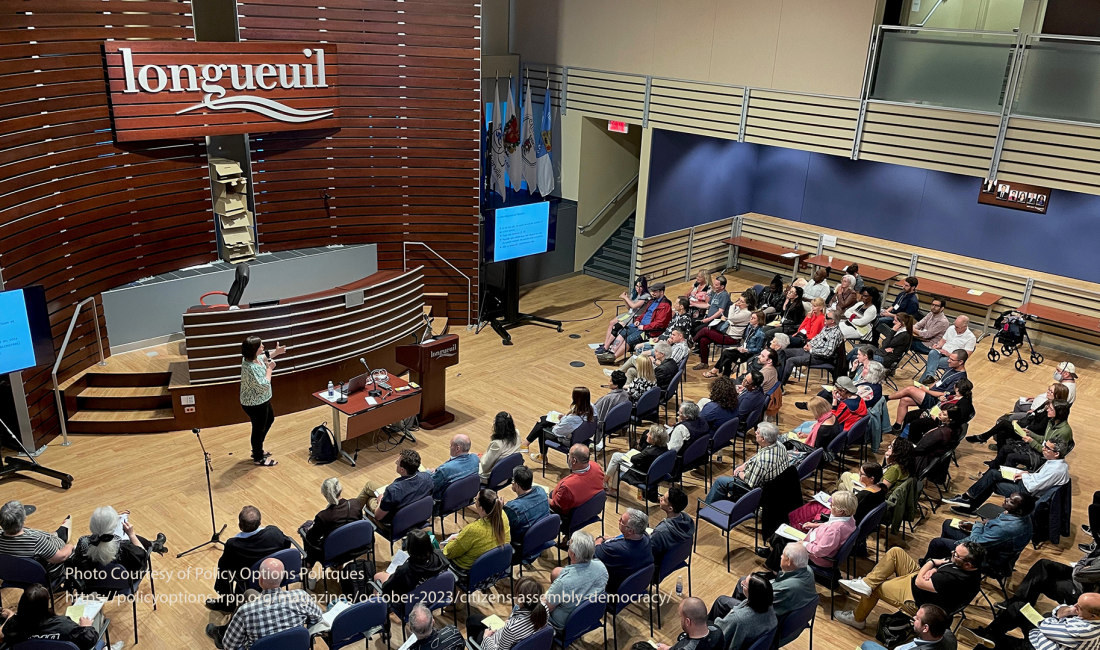On Citizens' Assemblies and Losers' Consent
In democratic politics, every decision produces winners and losers. Whether through elections, referenda, or public consultations, someone’s preferred policy will lose. The critical question is: Will the losing side accept the outcome?
This concept, known as losers’ consent, is foundational to democratic legitimacy.
A recent study by political scientists André Blais, Jean-François Daoust, Ruth Dassonneville and Patrick Fournier explores this question in a fresh context, not in elections, but within a citizen deliberative assembly. Their findings offer insights into how democratic legitimacy can be sustained even when participants don’t get their way.
In June 2023, about 100 residents of Longueuil, a suburb of Montreal, gathered to discuss and vote on four proposals related to local elections: introducing internet voting, making voting compulsory, extending voting rights to permanent residents, and synchronizing local and provincial elections. This assembly didn’t have legislative power; it was an advisory forum intended to produce thoughtful recommendations through deliberation.
This case is compelling because participants didn’t just show up and vote. They engaged in structured, informed deliberation, listening to expert presentations, discussing in small groups, and reflecting on each issue before casting a secret ballot. The results were mixed: some participants’ views prevailed, others didn’t. But across the board, satisfaction with the process remained remarkably high, regardless of how individuals voted.
So why did even the “losers” embrace the outcomes? The answer lies in procedural legitimacy. Participants felt the process was fair, inclusive, and respectful. Everyone had the opportunity to speak, to hear opposing views, and to form opinions based on evidence rather than soundbites. When people trust the process, they are more willing to accept outcomes they disagree with.
Moreover, deliberative assemblies reduce the polarization often seen in elections. Rather than framing issues as battles between opposing sides, the format encourages participants to recognize the complexity of the problems and the validity of different viewpoints. This creates a sense of mutual respect, which helps soften the blow of being in the minority.
Another factor was the nature of the issues themselves. Electoral reforms like internet voting or compulsory voting are essential, but not deeply emotional or identity-driven. Unlike hot-button topics such as immigration or climate change, these issues allowed for reasoned disagreement without the kind of zero-sum mindset that can harden opposition.
Interestingly, the participants were also more politically interested than the general public, a common feature of deliberative forums. While this may limit how broadly the findings apply, it also shows that deliberation can produce both thoughtful recommendations and broad legitimacy among engaged citizens.
The takeaway is that democracy works when citizens are given time, information, and respect; even those who “lose” can walk away feeling heard, respected, and satisfied with a process. As democratic actors and institutions look for ways to rebuild trust, notably in contexts where their legitimacy is sometimes being called into question, how processes are designed offers opportunities to create spaces for people to disagree upon outcomes despite not sharing the same opinions.




